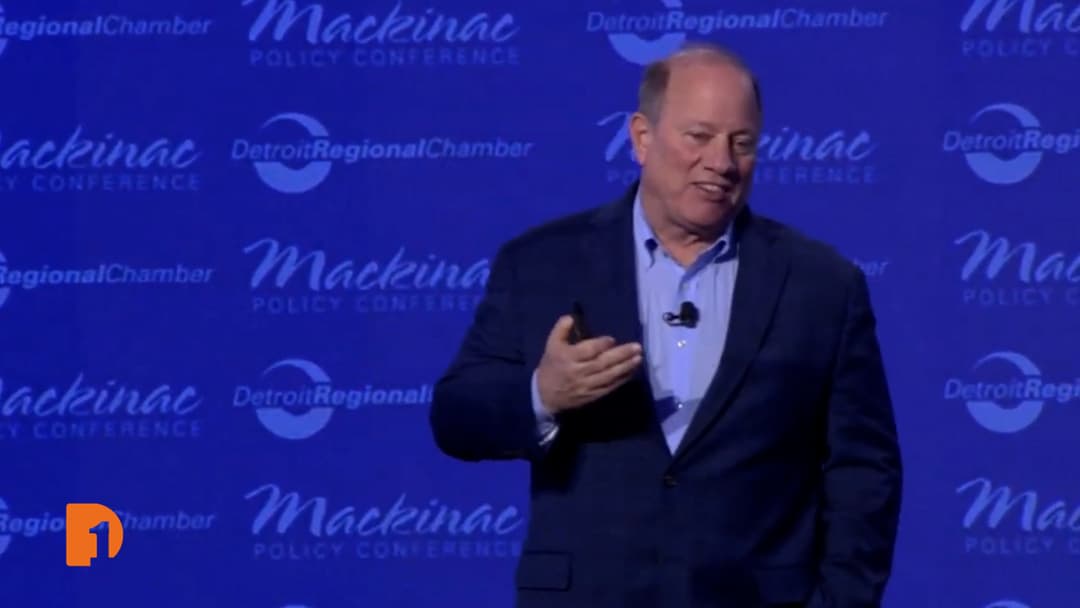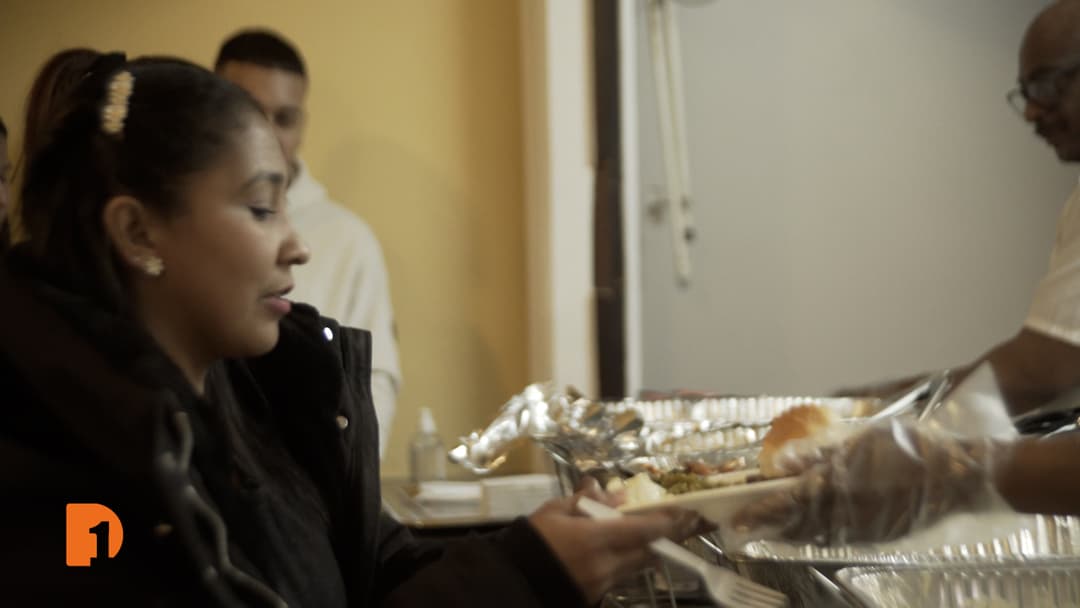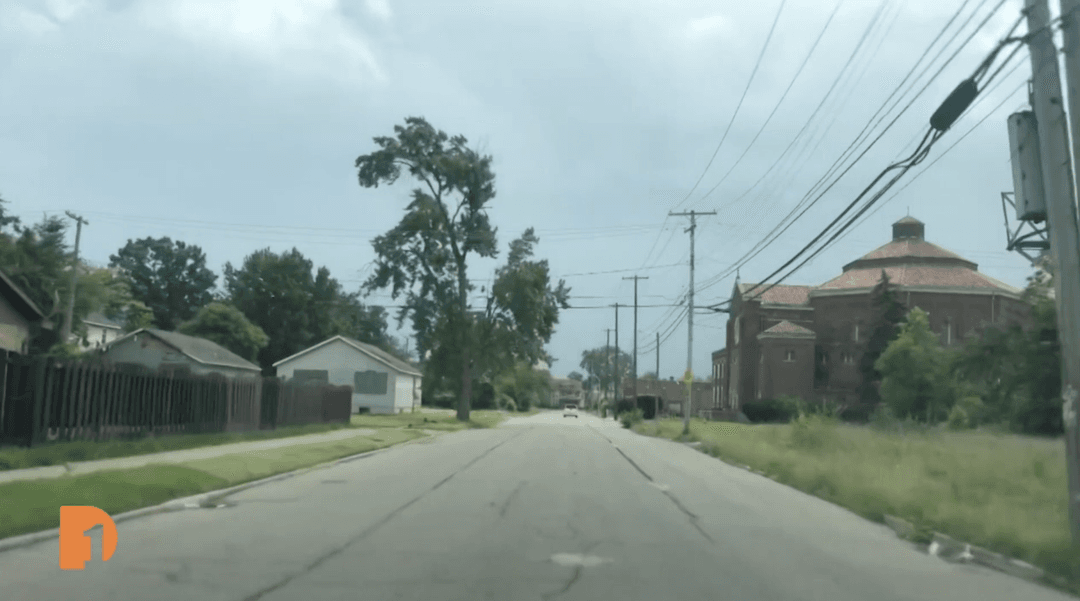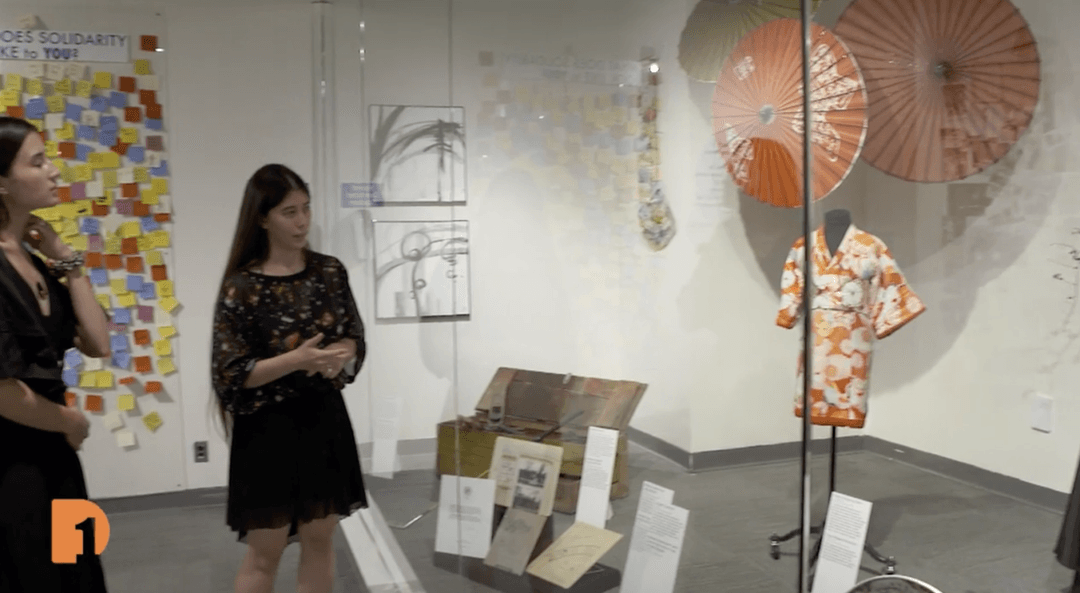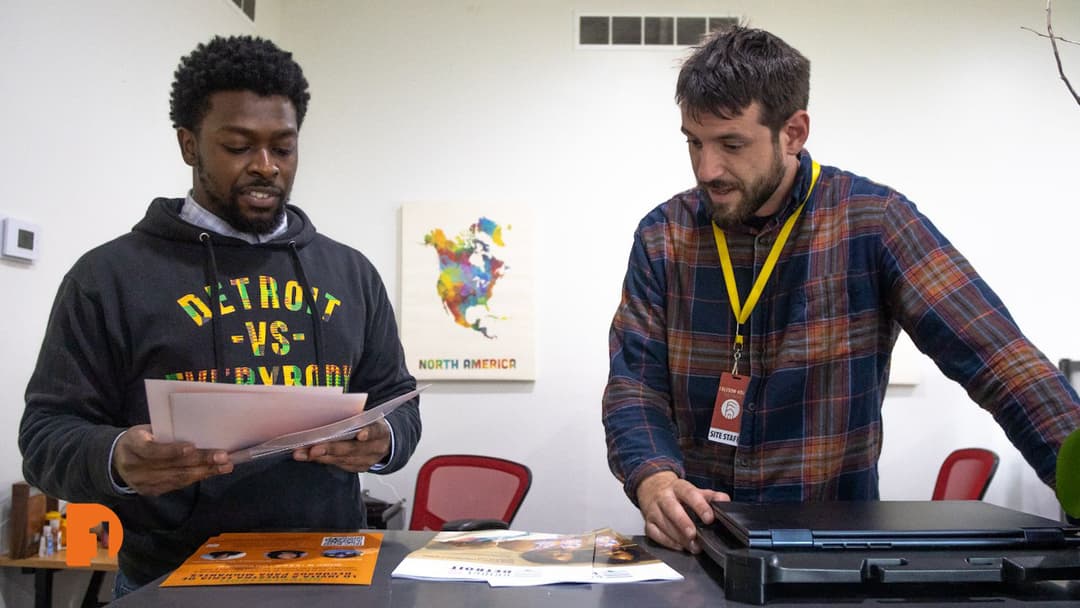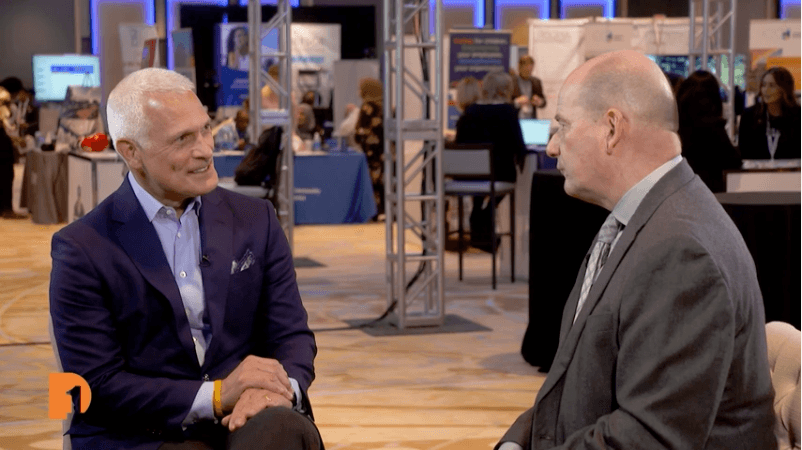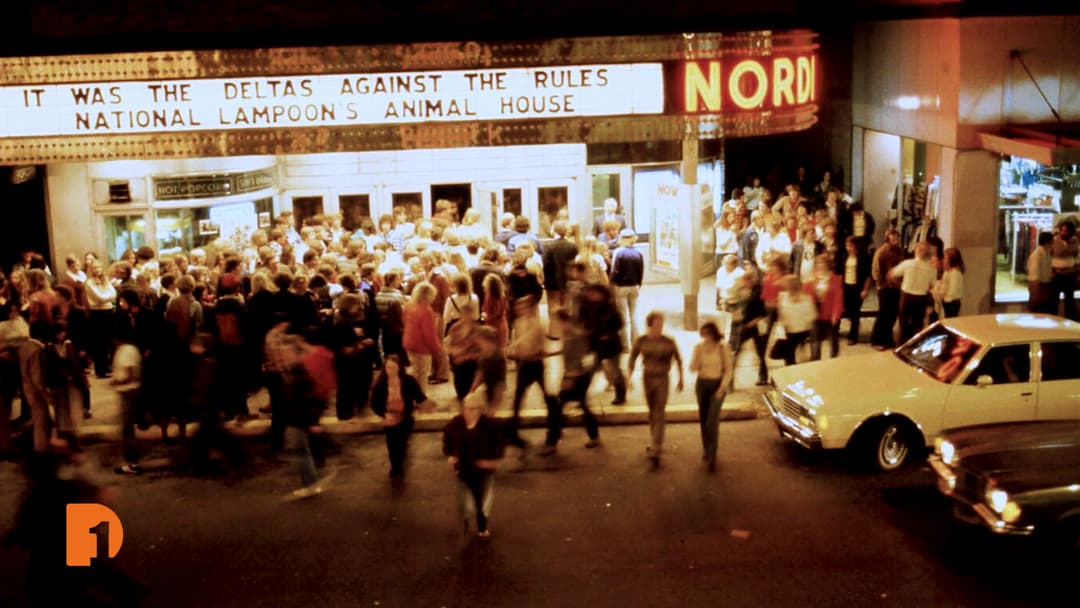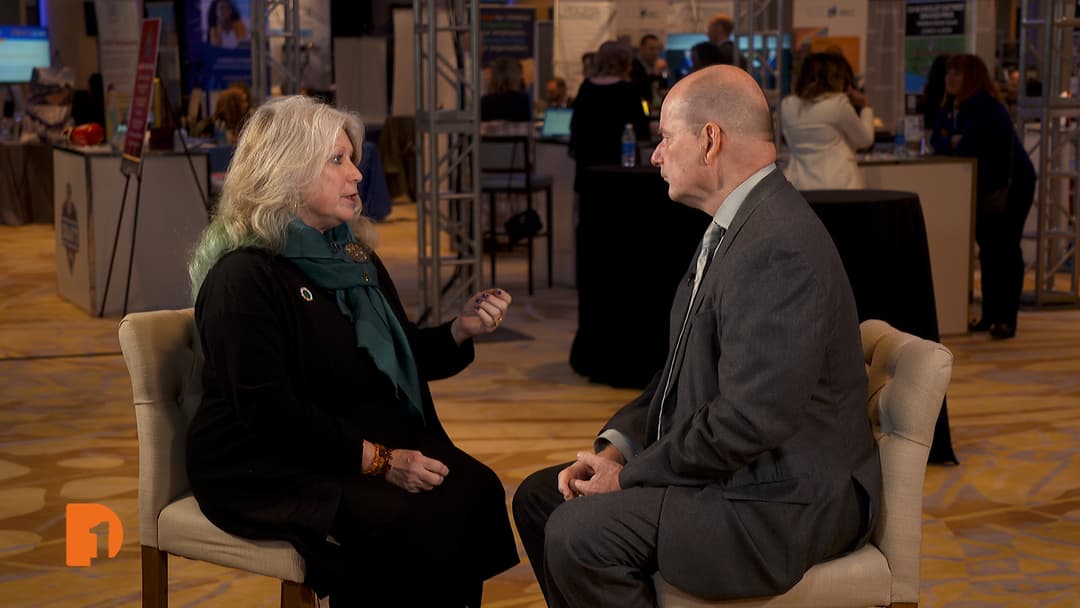Afghan Refugee Resettlement: What it Means for Michigan
Oct 7, 2021
One Detroit contributor, Nolan Finley, spoke with Steve Tobocman of Global Detroit, an organization that focuses on immigrant inclusive strategies.
RELATED: Detroit News | Bring Afghan Refugees to Detroit
Full transcript:
Nolan Finley, The Detroit News, Editorial Page Editor:
What can we expect in Michigan, and particularly in Detroit, in terms of the-of people arriving here and settling here?
Steve Tobocman, Executive Director, Global Detroit:
So there are about 50,000 Afghan arrivals who will be coming. Very few actually will be refugees. There’s a whole bunch of other statuses. So we have the SIVs, those who have already been cleared to, for helping the military.
Nolan Finley:
But they’re newcomers.
Steve Tobocman:
Yeah, they’re newcomers. So of the 50,000, we already know that we’re getting in the state of Michigan roughly thirteen hundred. And we’ll see 320 come to Wayne, Oakland, Macomb counties. And so a portion of that 320 will be in Detroit and they’ll be arriving in the coming weeks like literally. And by the end of October, we’ll have our first arrivals.
Nolan Finley:
Now, I wrote a column recently after the Afghan wave started, it looked like it was coming that this-real opportunity for Detroit, a city that needs more residents, as evidenced by the census count. Why not concentrate those refugees and immigrants in a specific area where they can build strong communities and support networks for themselves?
Steve Tobocman:
Well, you’re exactly right. And Mayor Duggan is in support of this concept. His office, his Office of Immigrant Affairs, has been coordinating that kind of response. We did this about 5 years ago when the Syrian and Iraqi numbers were very high and brought a number of families to the Cody Rouge neighborhood, and I think that worked out well for those arrivals. We need to–when we plan those kinds of arrivals, particularly the Afghan arrivals, which will only have 90 days of supports from the government and they’ll really be on their own. We need to talk about the school system, the transportation system, the housing, the economic opportunity, small business supports, language access. So, there’s a whole array of supports that needs to be put in place and concentrating them in a neighborhood where it might be more walkable, where there’s where there are housing that can be filled makes an infinite amount of sense.
Nolan Finley:
And we have that in Detroit.
Steve Tobocman:
We do. And you know, Global Detroit just last month came out with a building inclusive cities study at buildinginclusivecities.org. You can find the study that looked at the Chadsey Condon and Banglatown neighborhoods and what’s happened there in the last 20 years with rapid immigration growth. And what we found was that African American families and longtime Detroiters have seen quality of life improvements. They’ve seen their population growing. They’ve seen less vacant housing, decreases in crime, more stores opening up. And so this is a good thing not just for refugees and arrivals, but also for longtime Detroiters.
Nolan Finley:
So a lot of people look at immigrants and immigration, and particularly when waves of refugees come in, they look at that as a burden on the country, going to come in and take jobs, take opportunities, suck social services. You see it as an economic opportunity.
Steve Tobocman:
Absolutely. I mean, I think that refugee policy, you know, it is a lot of humanitarian policy. You’ve got to think through national security and all these other issues. But from an economic standpoint, the evidence is clear that refugees help build communities. They help create jobs. As Rick Snyder was fond of saying around immigrants, we looked with the Ford School of Public Policy. The last ten years of arrival in 2016, we did our study. And those refugees who had come that-that decade about 22,000 to Southeast Michigan produced about $250 million dollars in annual economic activity through their spending. And so they’ve really helped a lot of communities, not just Hamtramck, but a lot of inner ring suburban communities, Macomb County communities, to really strengthen their economy and grow.
Nolan Finley:
How well prepared are we to support these Afghanis when they arrive?
Steve Tobocman:
I mean, we’re as well prepared as any region in the country. I think the country as a whole, this happened way faster than anyone anticipated.
Nolan Finley:
Yeah, right.
Steve Tobocman:
And so, with simply 90 days, there’s a lot that we have to build and we have some good partners on the ground. Mayor Duggan, the state of Michigan’s Office of Refugee Resettlement and Global Michigan, Global Detroit and all of our refugee resettlement agencies.
Nolan Finley:
So, how long before they can decide whether they want to stay here or move to another place in America?
Steve Tobocman:
They will actually be applying for asylum status after they come here, and they will have to find lawyers that can help them with that process. So we have, there’s a lot to be worked out. This is historic in nature. It’s not dissimilar to the Cuban boatlift or letting the Haitian refugees in, you know, 50 years ago. And so…
Nolan Finley:
So this is a whole new experience.
Steve Tobocman:
A whole new chapter, and there’s going to be a lot of chapters to go through before we find the end of the story.
Nolan Finley:
But when you look at immigration and particularly this sort of refugee immigration as a means of rebuilding a population base, it’s one tool.
Steve Tobocman:
It absolutely is one tool. It’s how we became the fourth largest city in America at one point in Detroit, and it’s what we can do in the 21st century to grow the population. And it’s what other cities, Philadelphia, etc., that have turned the corner from population loss—immigration has been a central part of that.
Stay Connected
Subscribe to One Detroit’s YouTube Channel and don’t miss One Detroit on Thursdays at 7:30 p.m. and Sundays at 9 a.m. on Detroit PBS, WTVS-Channel 56.
Catch the daily conversations on our website, Facebook, Twitter @OneDetroit_PBS, and Instagram @One.Detroit
Related Posts
Leave a Reply
Your email address will not be published. Required fields are marked*

